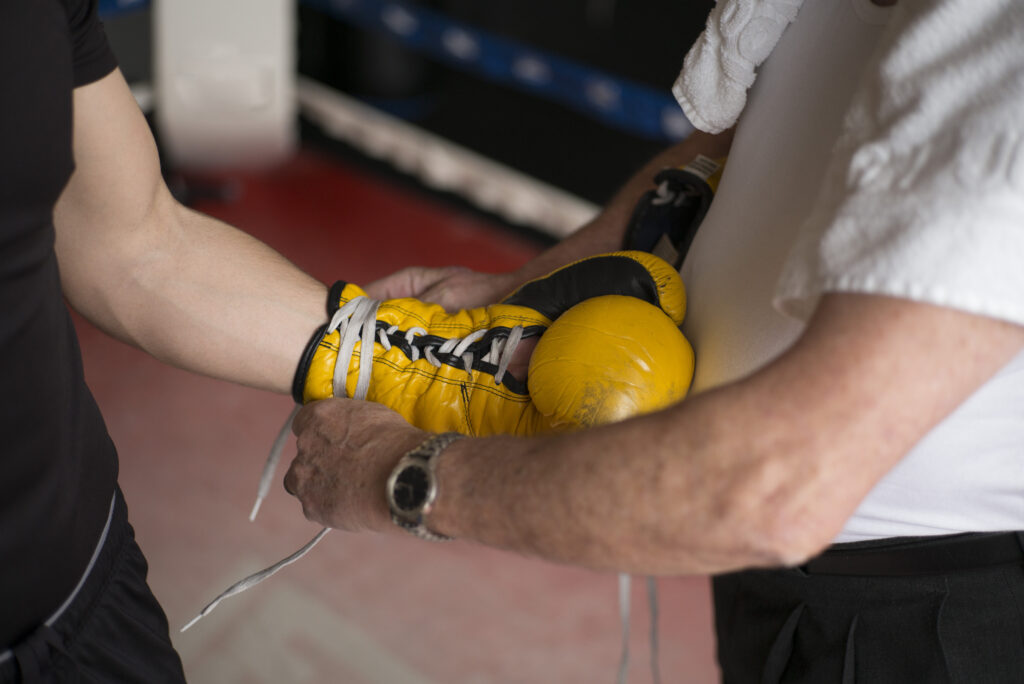Recognizing the signs of addiction can be challenging, especially when the behaviors and thought patterns of someone struggling with substance use may look like everyday stress or mood swings. At Etowah Recovery Center, we believe education is one of the most important tools for families and individuals facing addiction. By understanding addict behavior and the common thinking patterns of substance abuse, you can identify problems sooner and take meaningful steps toward recovery.
One of the most common signs of substance abuse is denial. A person may downplay the severity of their drinking or drug use, insisting that they are in control even when their life shows signs of decline. This denial often pairs with rationalization, where the individual makes excuses for their behavior by blaming stress, relationships, or outside circumstances. Over time, these distorted thinking patterns create a cycle that makes it harder to see the truth and easier to continue using substances.
Another frequent sign of addiction is secrecy. People who struggle with substance use often hide their drugs, lie about their whereabouts, or become defensive when asked about their habits. They may isolate from loved ones, avoid social gatherings, or spend more time alone. Financial issues and sudden changes in priorities, such as neglecting responsibilities at work, school, or home, can also point to addictive behaviors. Physical warning signs like bloodshot eyes, changes in appetite, disrupted sleep, or frequent illnesses often appear alongside these behavioral shifts.
Addict thinking patterns often follow predictable paths. For example, someone might minimize the amount they use, compare themselves to people who seem “worse off,” or justify their behavior by saying they can stop anytime. Another common pattern is blame shifting, where responsibility for consequences is placed on others instead of on substance use itself. These thought distortions keep the cycle of addiction alive and make it difficult for a person to seek help without outside support.
Family members and friends often sense that something is wrong before the person struggling with addiction admits it. If you notice mood swings, increased irritability, sudden changes in social circles, or unexplained absences, these may be signs of a deeper issue. Addiction affects not just the individual but also everyone around them, creating stress, mistrust, and emotional distance in relationships.
At Etowah Recovery Center, we know that breaking free from addictive behaviors and thinking patterns requires professional help, compassion, and a structured treatment plan. Our programs are designed to help clients recognize distorted thought processes, rebuild healthy coping skills, and find freedom from substance use. Recovery is not just about stopping drugs or alcohol, it is about learning how to live with honesty, balance, and connection.
If you or someone you love is showing signs of addiction, now is the time to reach out for support. Contact Etowah Recovery Center today to learn more about our individualized treatment options and how we can help guide the journey to recovery.





